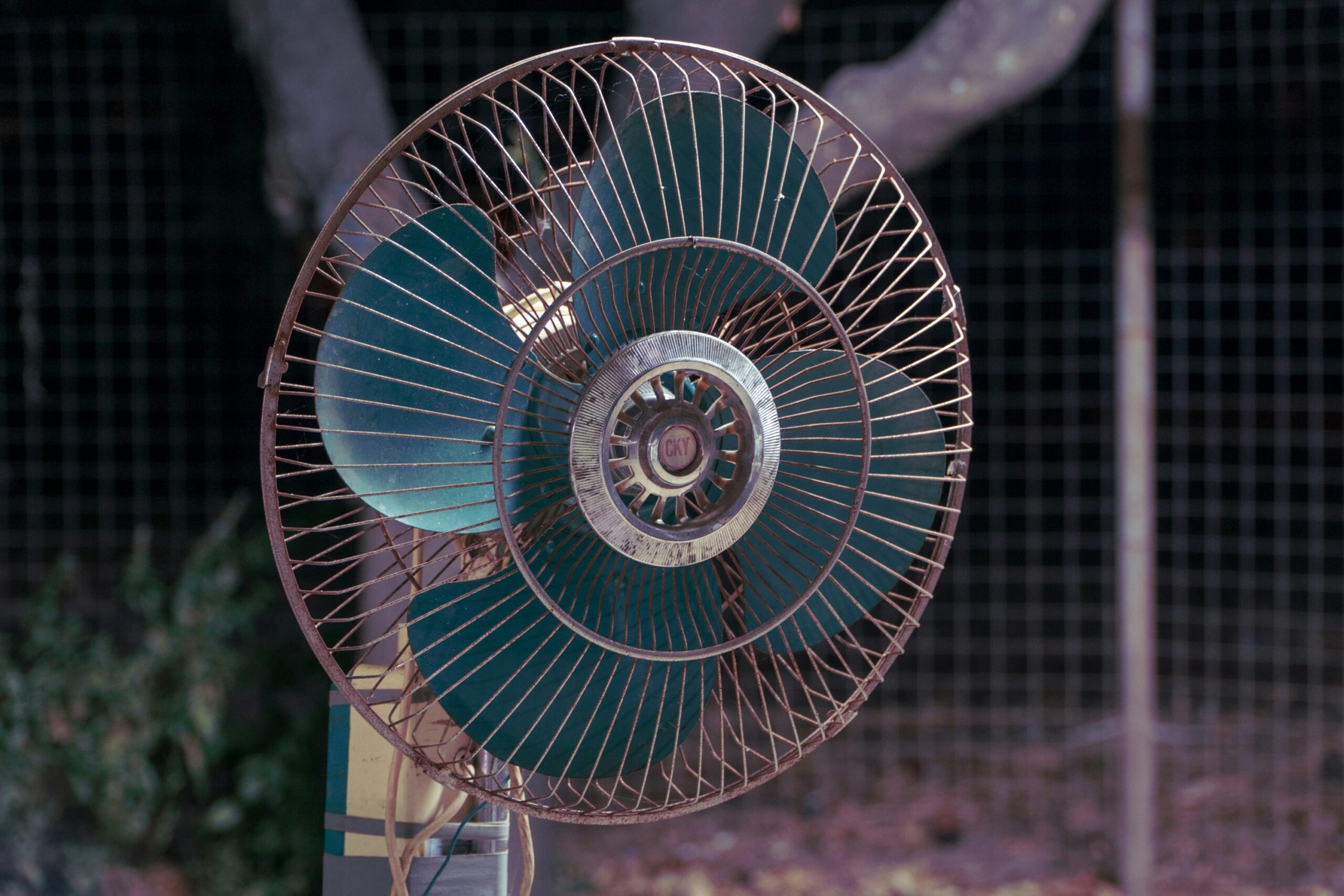Asia’s Sweltering Heatwave: A Record-Breaking Phenomenon
The intensity of this heatwave cannot be overstated. It has surpassed previous temperature records across the region.

Photo by George Chandrinos on Unsplash
A large part of Asia is currently experiencing the wrath of a relentless heatwave, with soaring temperatures shattering records from Myanmar to the Philippines.
The extreme weather event has not only disrupted daily life. It has also forced millions of children to stay home from school, highlighting the severity of the situation.
Unprecedented Heatwave
The intensity of this heatwave cannot be overstated. It has surpassed previous temperature records across the region. From Yangon in Myanmar to Manila in the Philippines, thermometers have been pushed to their limits, leaving people grappling with scorching heat and oppressive humidity.
Hot weather is not uncommon in this part of the world. But the current heatwave stands out for its unprecedented duration and intensity. The mercury has soared to levels that have not been witnessed in recent memory, making life unbearable for many.
Impact on Daily Life: Children Forced to Stay Home
One of the most significant consequences of this heatwave is its impact on the education system. With temperatures reaching unbearable heights, millions of children have been compelled to stay home from school.
The scorching heat poses a serious health risk, and authorities have deemed it unsafe for students to attend classes.
This disruption in education has far-reaching implications, affecting not only the students but also their families and communities.
The heatwave has disrupted the normal rhythm of life, forcing parents to make alternative arrangements for their children’s care and education. This situation has put additional strain on families already grappling with the challenges posed by the heatwave.
Adapting to the Heat: Coping Strategies
In the face of such extreme weather conditions, communities and individuals are finding ways to cope with the heatwave. Here are some strategies that can help mitigate the effects of the scorching heat:
- Stay hydrated: Drinking plenty of water is crucial to prevent dehydration and heat-related illnesses. It is essential to consume fluids regularly, even if you do not feel thirsty.
- Seek shade: Whenever possible, stay in shaded areas or indoors to avoid direct exposure to the sun. If you must go outside, use umbrellas, hats, and sunglasses to protect yourself from the sun’s rays.
- Use cooling methods: Employ cooling techniques such as taking cool showers, using fans, or placing wet towels on the back of the neck to lower body temperature.
- Modify daily routines: Adjust your daily activities to avoid the hottest parts of the day. Plan outdoor activities for early morning or evening when temperatures are relatively cooler.
- Look out for vulnerable groups: Take extra care of infants, the elderly, and those with pre-existing health conditions, as they are more susceptible to heat-related illnesses.
While these strategies can provide some relief, it is essential to remember that the heatwave’s underlying causes need to be addressed.
Climate change and global warming play a significant role in the increasing frequency and intensity of such extreme weather events. Taking steps to combat climate change and reduce greenhouse gas emissions is crucial in preventing future heatwaves of this magnitude.









